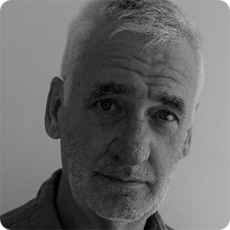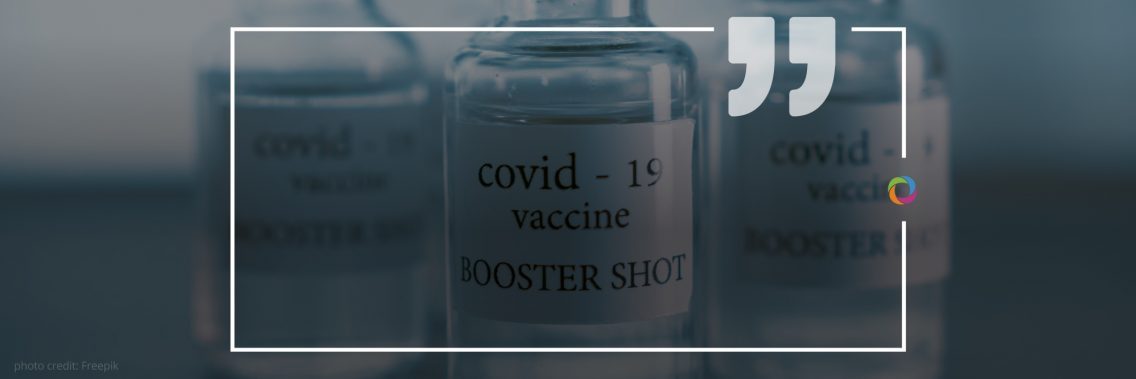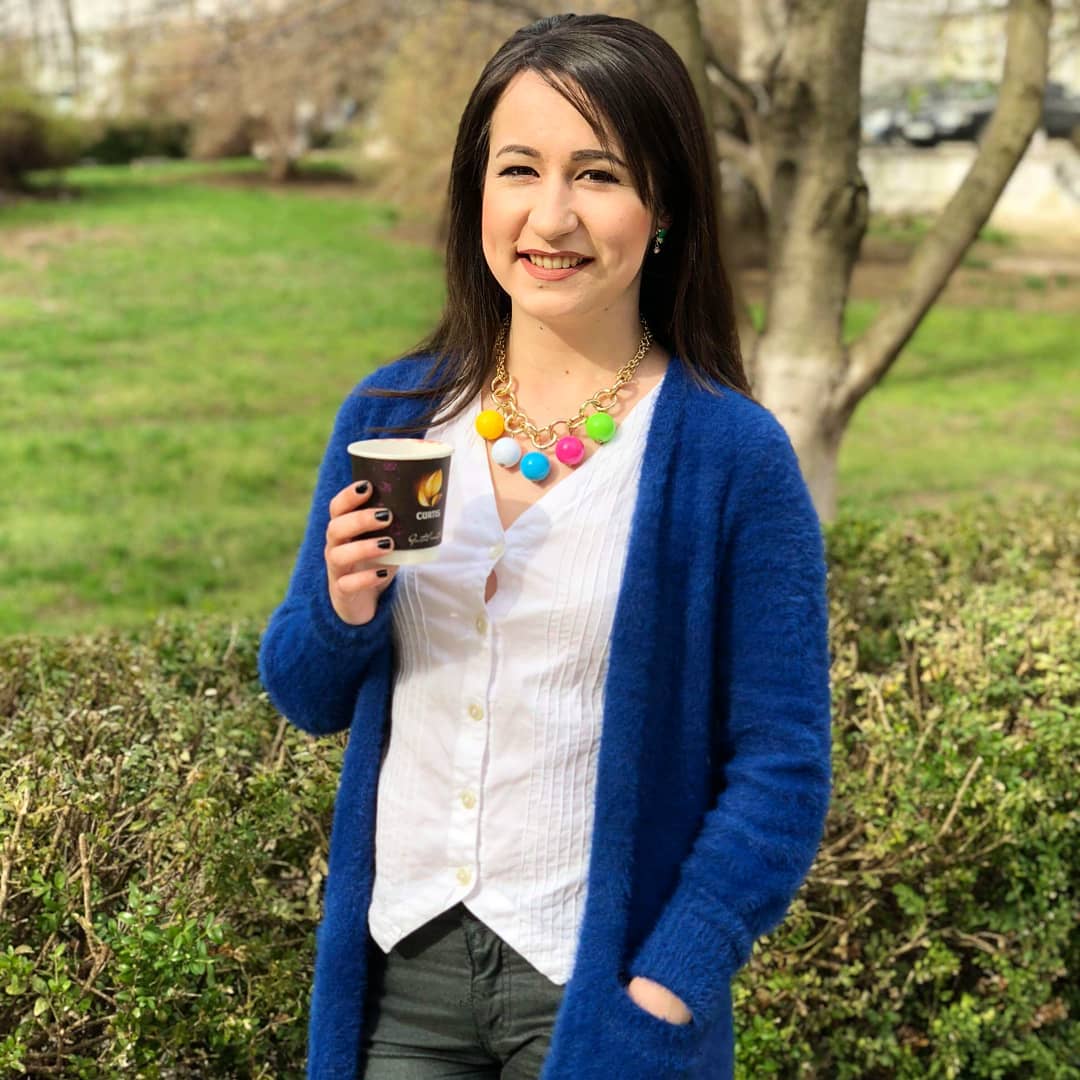When it comes to vaccines to protect against a disease like COVID-19, booster shots (being a third or additional dose of the vaccine) are being increasingly recommended. On the other hand, according to some World Health Organization’s officials, if wealthy nations decide to give their populations booster shots, this could have “huge implications” for the availability of doses globally. Low inoculation rates in countries such as South Africa present an ideal environment for the infection to spread and significantly mutate. To get to the heart of this matter, we approached several health experts with the same question and provide their feedback in the article below.
Key takeaways
-
-
-
- While the booster vaccines will offer protection to the privileged few, future variants could potentially affect everyone including the latter
- Boosters may give a short-term gain for those countries that can afford it but in the meantime, in countries with low vaccination rates the virus evolves, mutates, and learns to escape vaccines. Until the virus is eliminated internationally it will come back in some form or other.
- As wealthy countries begin lining up for COVID vaccine booster shots, most of those in the rest of the world are still awaiting their first dose
-
-
Could booster shots end the COVID-19 pandemic more quickly or do exactly the opposite?

“Any intervention rolled out around the COVID-19 response should have the potential to be on a global scale. Whereas booster shots improve immunity and help reduce the chances of new infection and to a greater extent reduce the chances of new mutations, this can never be effective until the entire globe is vaccinated. There should be equity in vaccine availability and even though developed countries have had a significant proportion of their citizens vaccinated, there is a significant variance when we compare that with the lower- and middle-income countries, especially in Africa and Asia. We must advocate for accelerated global access and distribution of the vaccine. The entire globe must rally to ensure everyone is vaccinated and that push must reach the last mile. There are already cases of some countries holding vaccines or being allowed to enter into bilateral agreements with the manufacturers/big pharma companies. This threatens global supply and equity. The WHO was to ensure some serious level of coordination and agreements/MoUs undertaken in a pooled manner so that we wouldn’t have the kind of disparity we are experiencing. Until the whole world receives an initial dose of the vaccine, booster shots will only be a drop in the ocean as we will be exposing ourselves to a greater threat by new variants.”

“Two years down the line since COVID-19 was declared a pandemic, despite there being 10 WHO-approved vaccines, access remains limited in the low and middle-income countries (LMIC). The inability to have an adequate mechanism for the equitable distribution of vaccines has become the Achilles’ heel in the fight against COVID-19. The WHO-led COVAX facility is one such mechanism. However, it remains incapacitated to address the global vaccine inequalities. While the developed world is rolling out booster vaccines, coverage of the initial doses is extremely low in LMIC (about 9% for Africa). The world has felt the effects of low vaccine coverage in terms of virus mutations such as Delta, Lambda, and Omicron. These could have been avoided had the world prioritized vaccine equity. More variants will develop in the future and addressing vaccine inequalities is a solution with great potential. As the world engages in the discourse around booster doses, it is imperative to consider that booster doses are essentially reducing vaccine access for people living in LMIC. Potentially new variants which are more virulent may develop from the non-vaccinated cohort. While the booster vaccines will offer protection to the privileged few, future variants will potentially affect everyone including those who have received the booster doses. We live in a global village and unless we are all protected, then we are all vulnerable.”

“COVID-19 booster shots are not just aiming to end the pandemic more quickly, but also to save lives. At the same time, the booster shots protect health systems from being overwhelmed and are keeping schools open as well as economies on the run. The availability of vaccine doses globally is not, for sure, an issue anymore since more and more pharmaceutical companies are producing vaccines and studying new ones like in Southern Africa. At the same time, to rely on vaccines alone is not realistic or sustainable. In fact, the transmission of the coronavirus, also if attenuated, is continuing through vaccinated people. Social behavior change needs to be emphasized with good communication strategies. The utilization of personal protective equipment like face masks, in particular FP2, is highly recommended. The same is recommended for social distancing. The true issue in Africa is not the lack of vaccines but the will of the people to be vaccinated. A lot of fears and misconceptions are affecting the acceptability of the COVID-19 vaccine. People are also reluctant in many African countries to use face masks. Moreover, masks are often produced locally from fabrics with no clear indications about their real protection capacity. Additionally, some people feel suffocated because fabrics may not be of sufficient quality to breathe through. I saw conferences organized in small, overcrowded spaces with no masks being used.”

“Booster vaccine shots against COVID-19 encouraged in wealthy nations can neither quickly end the pandemic globally nor worsen it. An underlying assumption here is that booster shots could achieve herd immunity in those countries and with severe restrictions, they would barricade themselves from poor nations. The global anti-COVID effort would then shift to poor nations via all interventions including vaccination. The other assumption is that if wealthy nations encourage booster vaccine shots when poor countries have not had even 10% of the basic shots, then the pandemic could worsen globally. Both scenarios are false because the real dynamics are different. In wealthy nations, COVID-19 vaccination has been hampered by a huge negative campaign and serious vaccine hesitancy. Herd immunity against the virus is therefore not possible in the foreseeable future. In Africa, and perhaps other poor countries, there is clear low infectivity and severity compared to that in wealthy nations. This “natural resistance” to the new coronavirus is not from vaccines. So, booster shots in wealthy nations play no significant role overall.”

“The clue is in the definition of a pandemic: an outbreak of a disease that occurs over a wide geographic area. The virus is global, affecting nearly every country on earth. Boosting a small, wealthy group of populations diverts badly needed resources away from countries with low vaccination rates. Boosters may give a short-term gain for those countries that can afford it but in the meantime, in countries with low vaccination rates, the virus evolves, mutates, and learns to escape vaccines. Until the virus is eliminated internationally it will come back in some form or other. All our energy should now be focused on getting vaccination rates in the Global South up to the same levels as the countries of the North. It’s a race and currently, the virus is winning.”

“A booster shot is not the tool to end COVID-19 mutation or spread but it will affect vaccine availability and may not enhance people’s immunity. COVID-19 mutations lead to new strains and the booster shot may also increase the chances of a new strain developing. It is time to encourage self-immunity and to enhance the effect of the vaccine that has already been taken in the previous two doses.”
Check out more than 650 job opportunities in the global health sector here.


